20 Incredible Facts About Thomas Jefferson, America's Third President
Think You Know Jefferson?
Thomas Jefferson was way more complex and fascinating than the simplified version you learned about in history class. He had interests that made him one of the most intriguing figures in American history. Understanding the real Thomas Jefferson means looking past the textbook summary into the actual person behind the legacy. Here are incredible facts that show just how multifaceted this president really was throughout his life.
1. Principal Author Of The Declaration Of Independence
At just 33, Jefferson penned the original Declaration of Independence and shaped one of history's most iconic documents. While Congress edited many parts, his words "all men are created equal" endured. However, he lamented the removal of his strong condemnation of Britain’s role in the slave trade.
 Jean Leon Gerome Ferris on Wikimedia
Jean Leon Gerome Ferris on Wikimedia
2. Practiced Wine Making
Jefferson studied viticulture and tried growing European grapes at Monticello. Though unsuccessful due to climate and pests, he imported wines and kept detailed tasting notes. His passion helped shape early American interest in wine culture and agricultural experimentation.
 AgnosticPreachersKid on Wikimedia
AgnosticPreachersKid on Wikimedia
3. Louisiana Purchase Under His Leadership
In 1803, Jefferson doubled the U.S. territory through the Louisiana Purchase by paying $15 million—around four cents per acre. He initially aimed to buy New Orleans but ended up with the entire territory, navigating constitutional limits while expanding the young nation's boundaries dramatically.
4. Commissioned The Lewis And Clark Expedition
Through the Lewis and Clark Expedition, Jefferson turned expansion into education. He appointed Meriwether Lewis, his personal secretary, to lead the journey alongside William Clark. Their mission to survey the Louisiana Territory reflected Jefferson’s passion for science and laid the groundwork for America’s early environmental record.
 Charles Marion Russell on Wikimedia
Charles Marion Russell on Wikimedia
5. Designed His Own Estate
Monticello, Jefferson's architectural masterpiece, evolved over 40 years and now holds UNESCO World Heritage status. Its iconic dome and seven-day cannonball-powered clock showcase Jefferson's inventive spirit. The estate blends elegance and personal expression in a single extraordinary home.
 Martin Falbisoner on Wikimedia
Martin Falbisoner on Wikimedia
6. Fluent In Multiple Languages
Jefferson mastered French, Latin, and Greek alongside English. His multilingual skills shaped his extensive library and correspondence with European intellectuals. Language became a tool for diplomacy and cultural exchange for him, which reflects his insatiable curiosity and scholarly dedication.
 Smash the Iron Cage on Wikimedia
Smash the Iron Cage on Wikimedia
7. Founded The University Of Virginia
When Jefferson established the University of Virginia in 1819, he broke tradition completely. Religious chapels gave way to a grand library, and students could finally choose their own courses. His vision turned a simple campus into a blueprint for modern education.
8. Drafted Virginia Statute For Religious Freedom
Jefferson's 1777 Virginia Statute for Religious Freedom guaranteed freedom of religion and separated church from state. Enacted in 1786, it inspired the First Amendment and became one of three achievements he wished remembered on his tombstone, cementing his dedication to liberty.
 Michael Kranewitter on Wikimedia
Michael Kranewitter on Wikimedia
9. Served As Secretary Of State
As the first Secretary of State under George Washington, Jefferson shaped U.S. foreign policy and organized the Department of State. His disagreements with Alexander Hamilton over government direction sparked the first political parties and laid the foundation for America's two-party system.
10. Served As Vice President
Serving as Vice President under John Adams, Jefferson left a mark that outlasted his term. His Senate manual codified procedure for future generations. During the bitter 1800 election, his measured leadership kept tensions from erupting and safeguarded the young republic’s stability.
 The original uploader was Jan Arkesteijn at Dutch Wikipedia. on Wikimedia
The original uploader was Jan Arkesteijn at Dutch Wikipedia. on Wikimedia
11. He Was A Skilled Violinist
Jefferson played the violin daily and often performed chamber music with friends. He believed music refined the soul and even courted his future wife, Martha, through musical duets—proving that harmony wasn’t just political for him.
12. Kept Daily Records
In Jefferson’s world, observation was second nature. He noted things like temperatures and daily routines with near-obsessive care. What might have seemed mundane then now offers scholars a living glimpse into how intellect and order shaped his private life.
 Pendleton's Lithography.; Stuart, Gilbert, 1755-1828, artist on Wikimedia
Pendleton's Lithography.; Stuart, Gilbert, 1755-1828, artist on Wikimedia
13. Invented Practical Tools
Jefferson designed clever tools like a revolving bookstand, a polygraph for duplicating letters, and an improved plow. His bookstand held five books and rotated for convenience, while the polygraph preserved correspondence. These inventions highlight Jefferson's curiosity and hands-on approach to daily challenges.
 Jeffersonian Revolving Book Stand by 1wonderdrift
Jeffersonian Revolving Book Stand by 1wonderdrift
14. Practiced Religious Deism
To Jefferson, reason guided faith more than institutions. He created the “Jefferson Bible” by editing scripture, removing miracles, and emphasizing moral lessons. This work reflected Enlightenment ideals and transformed religious texts into practical philosophical guides rooted in ethics.
 American Artifacts: Jefferson's Bible - Smithsonian's Harry Rubenstein - Preview by C-SPAN
American Artifacts: Jefferson's Bible - Smithsonian's Harry Rubenstein - Preview by C-SPAN
15. Expanded Library Of Congress
After the British burned the original Library of Congress, Jefferson sold his 6,487-book collection to rebuild it. His books spanned science and literature, organized by subject, which left a lasting influence on the Library's classification system and America's intellectual foundation.
 Mathieu Landretti on Wikimedia
Mathieu Landretti on Wikimedia
16. He Imported Macaroni From Europe
After traveling in Italy, Jefferson brought back a pasta machine and introduced macaroni to American cuisine. He served it at state dinners, helping shape early American tastes and blending European influence with presidential flair.
17. Left Thousands Of Personal Letters
Jefferson produced an estimated 20,000 letters covering politics, science, gardening, and family. He used a polygraph to duplicate outgoing letters, preserving a detailed archive. Today, digitized collections offer researchers and the public unprecedented access to his private thoughts and public insights.
 Jefferson, Thomas, 1743-1826 on Wikimedia
Jefferson, Thomas, 1743-1826 on Wikimedia
18. Interest In Fossils And Botany
Fossils and plants fascinated Jefferson. He studied a giant ground sloth and displayed specimens at Monticello, while exchanging seeds with scientists in America and Europe. This passion blended personal curiosity with scientific discovery, revealing a president deeply connected to the natural world.
 Nobu Tamura email:[email protected] http://spinops.blogspot.com/ on Wikimedia
Nobu Tamura email:[email protected] http://spinops.blogspot.com/ on Wikimedia
19. Face On Nickel And Mount Rushmore
Jefferson appears on the U.S. nickel and joins Washington, Lincoln, and Theodore Roosevelt on Mount Rushmore. The coin's design evolved over time, including a version with Jefferson facing forward. The sculpture, completed in 1941, immortalizes him long after his death.
20. Inspired By Enlightenment Ideals
Books were Jefferson’s mentors. He studied Locke’s ideas on liberty, admired Montesquieu’s political balance, and followed Francis Bacon’s call for reason—an approach that championed observation, experimentation, and rational inquiry. His shelves overflowed with Enlightenment texts, and his steady dialogue with European thinkers kept those ideas alive in the young republic.
KEEP ON READING
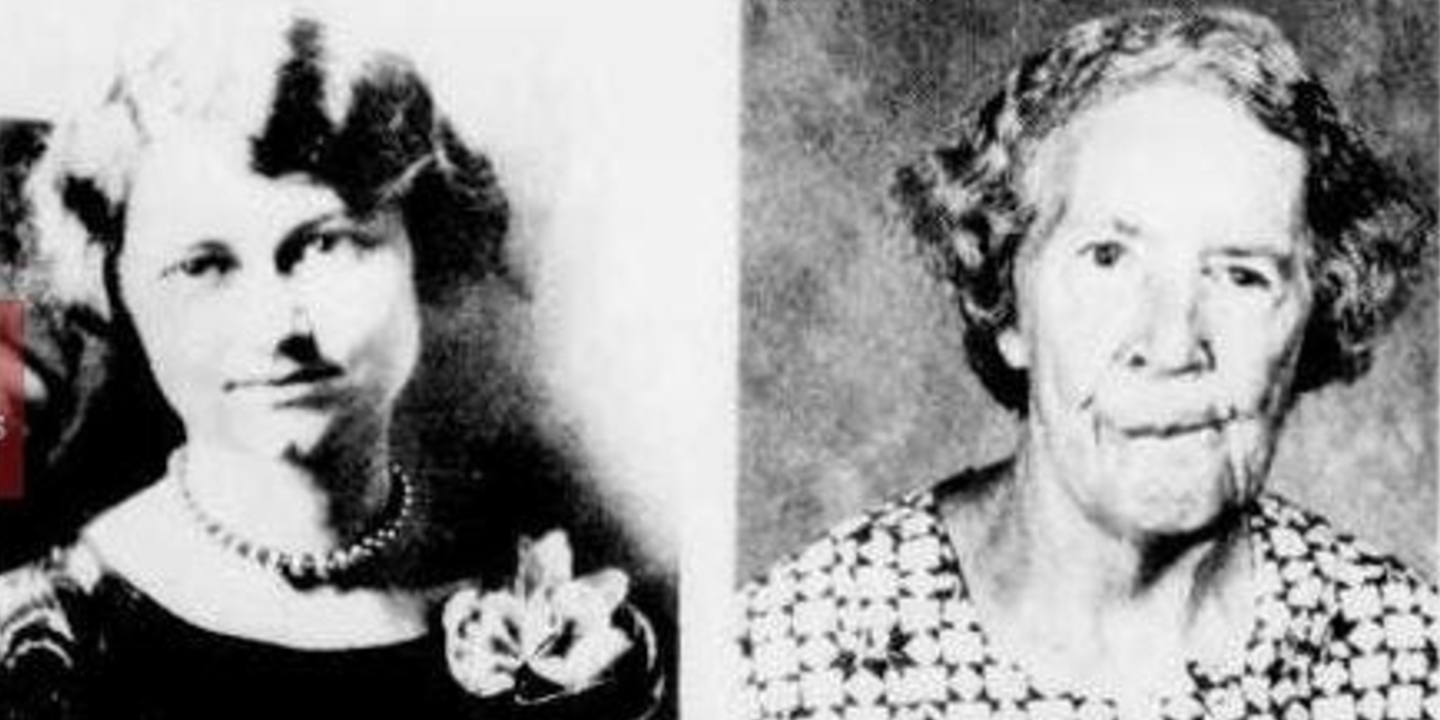
The Woman Without A Name
Mary Doefour was the woman without a name. In 1978,…
By Robbie Woods Dec 3, 2024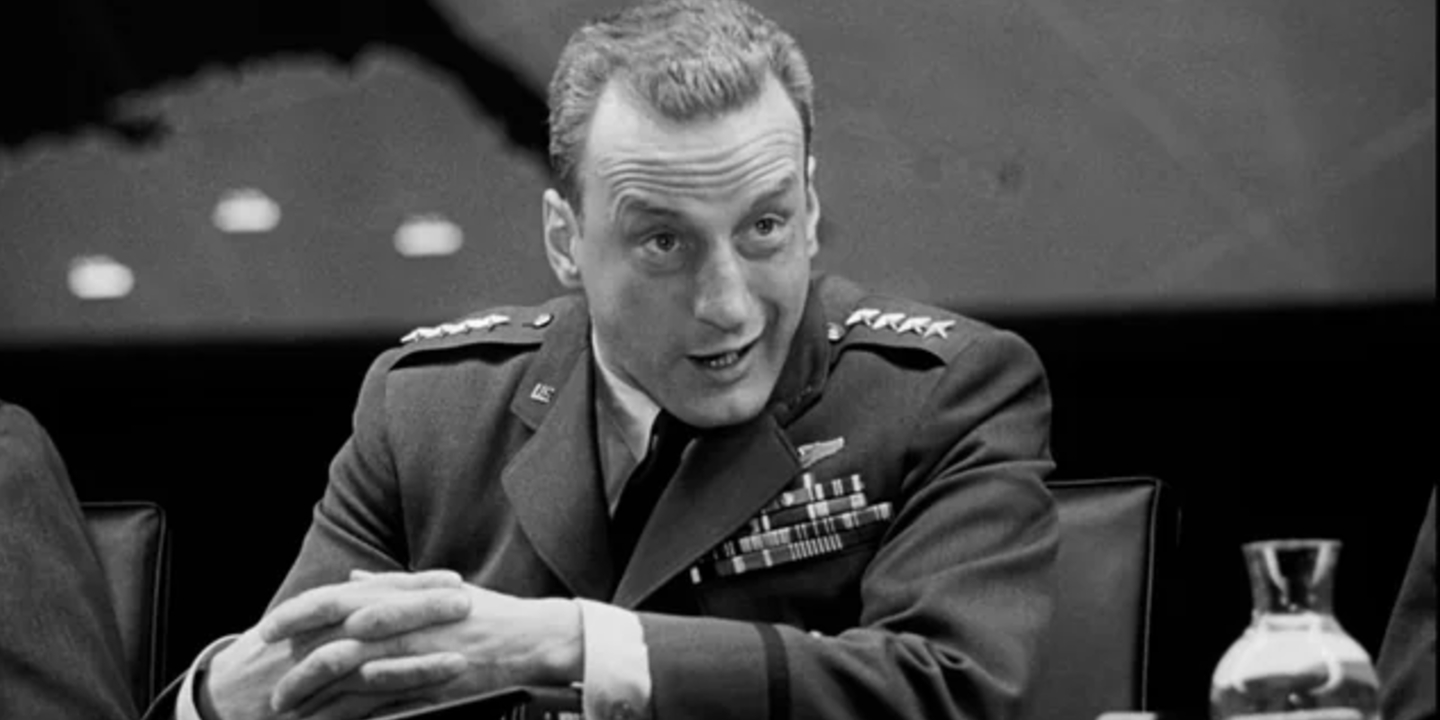
The 10 Worst Generals In History
Bad Generals come in all shapes and sizes. Some commanders…
By Robbie Woods Dec 3, 2024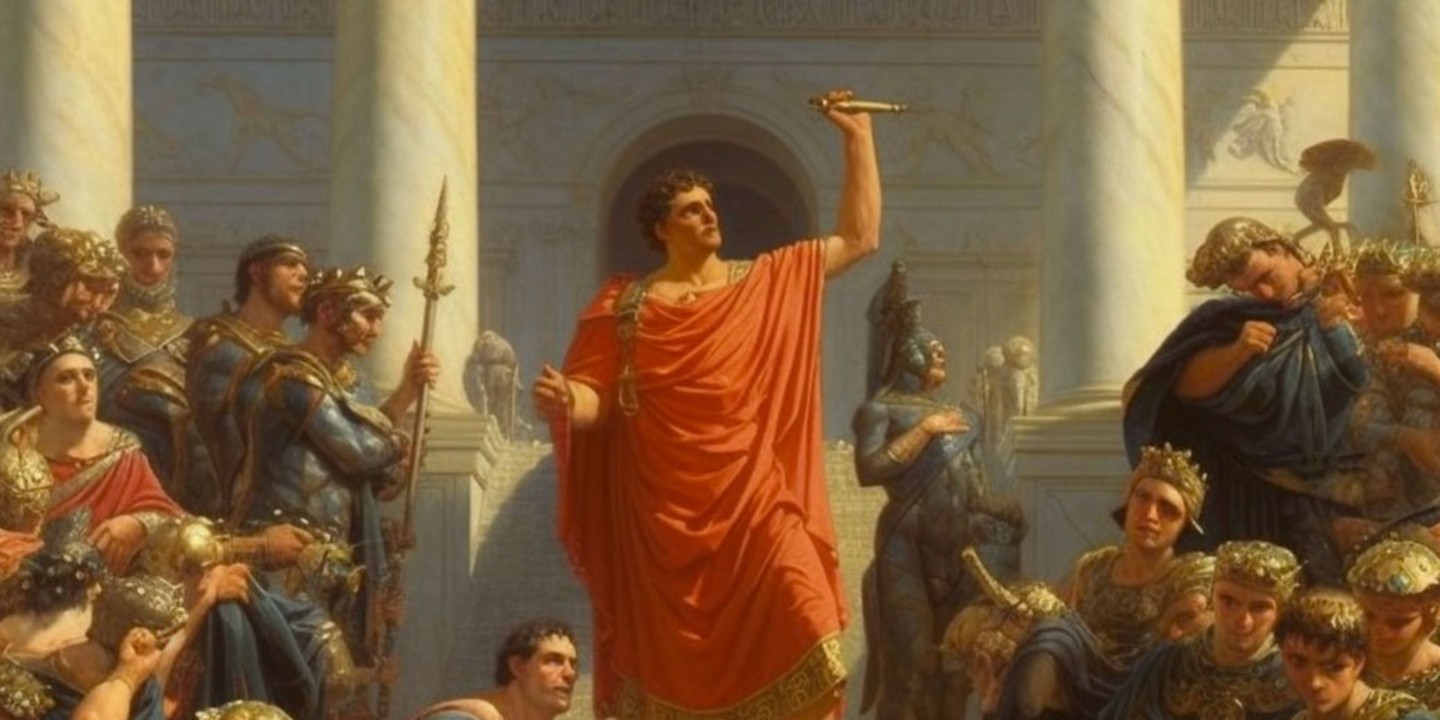
10 Historical Villains Who Weren't THAT Bad
Sometimes people end up getting a worse reputation than they…
By Robbie Woods Dec 3, 2024
One Tiny Mistake Exposed A $3 Billion Heist
While still in college, Jimmy Zhong discovered a loophole that…
By Robbie Woods Dec 3, 2024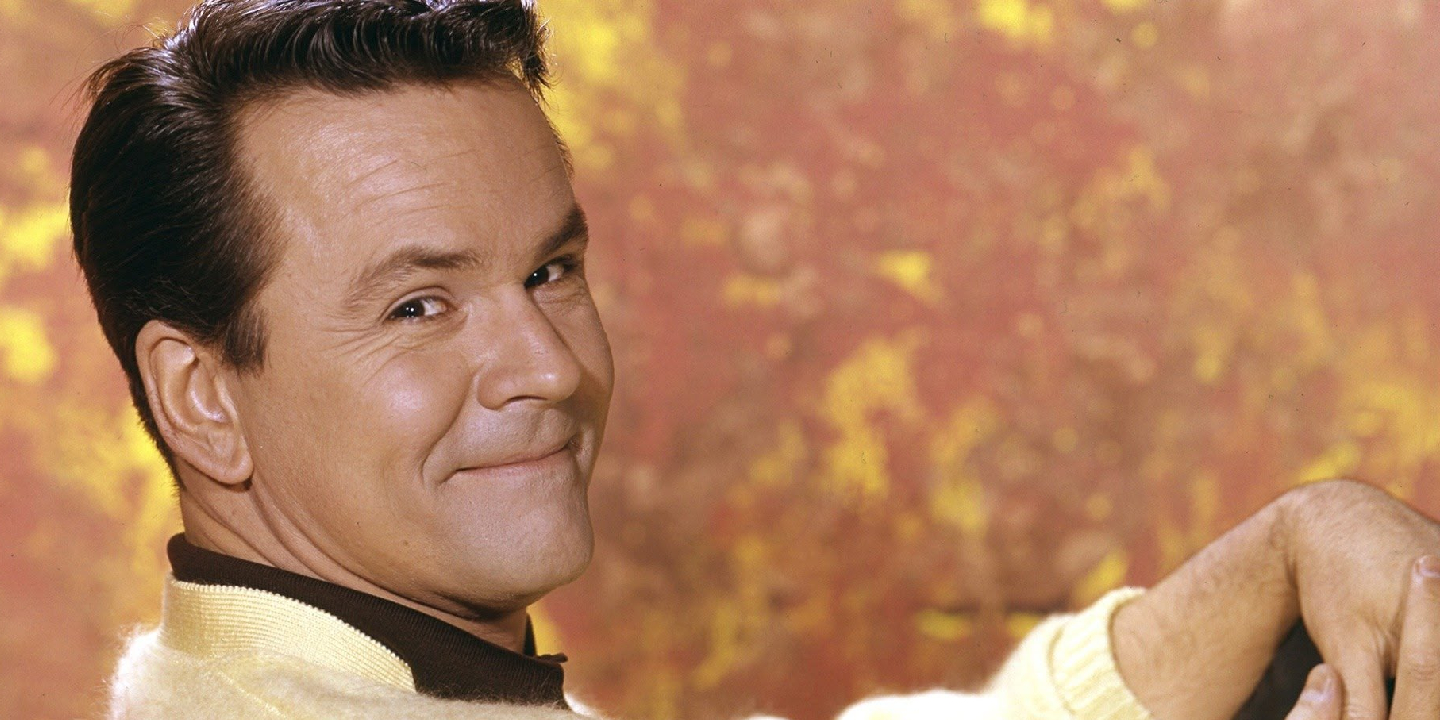
The Double Life And Disturbing Death of Bob Crane
Bob Crane was the star of Hogan's Heroes from 1965-1971.…
By Robbie Woods Dec 3, 2024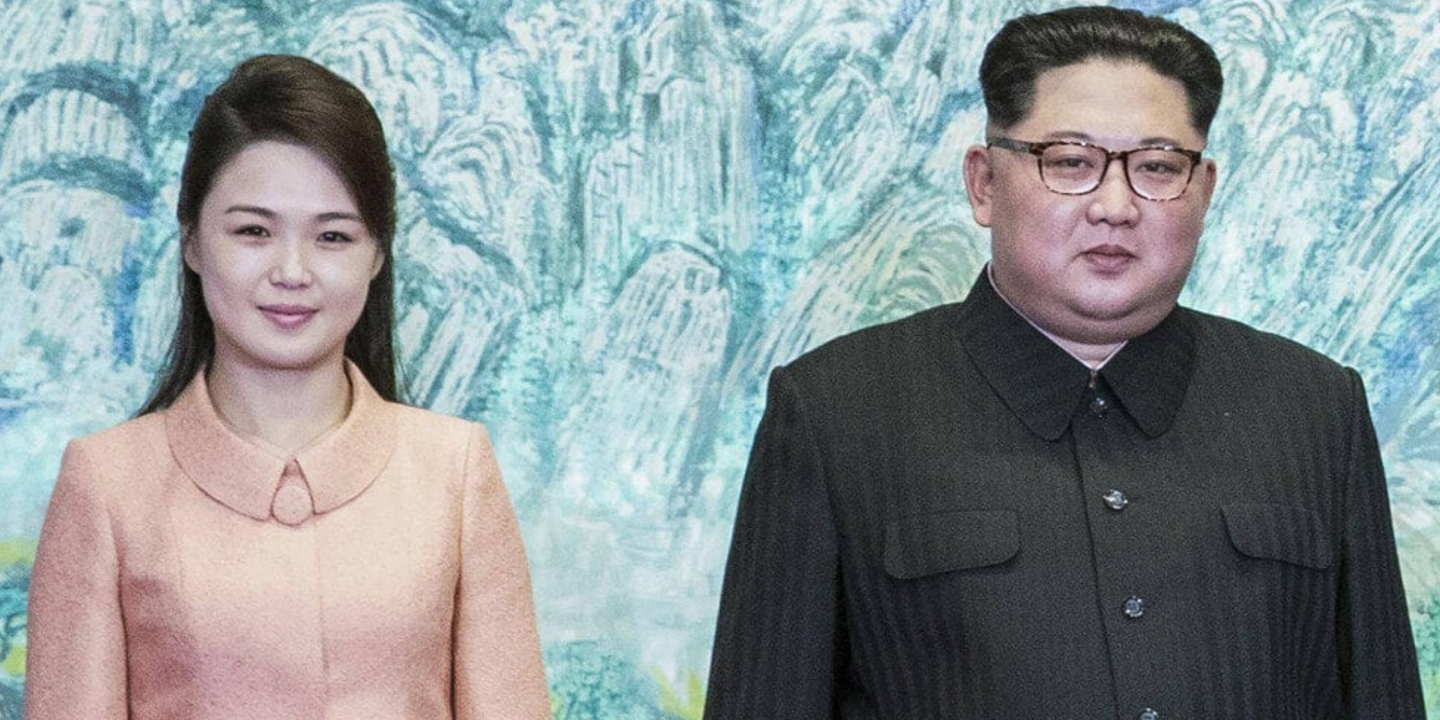
The Most Surprising Facts About North Korea
North Korea may be the most secretive state in the…
By Robbie Woods Dec 3, 2024








